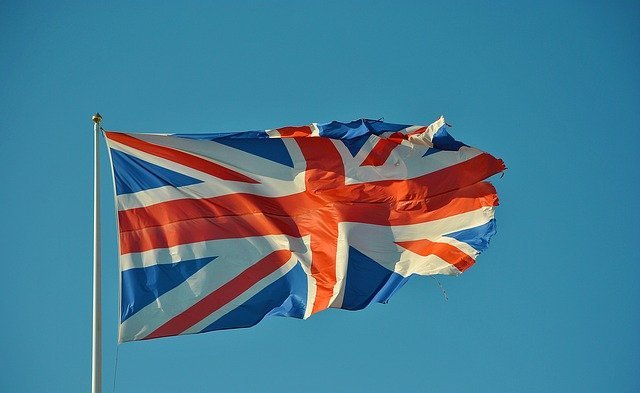Few British politicians in the 21st century have built a reputation as David Cameron. A descendant of King Henry IV, David had a privileged childhood. He earned a first-class degree in philosophy, economics and politics from Oxford University and subsequently joined the conservative party where he served in various roles.
From Party Official To Prime Minister
Cameron’s rapid rise in popularity is likely due to his young, energetic and moderate nature which endeared him to many. He garnered more reputation as an MP becoming the Conservative Party leader in October 2005. Under his direction, the Conservative Party came first in the 2006 local elections, the party’s best run at the polls in 15 years.
His consistent critique of Gordon Brown and the 2008 economic crisis helped solidify the Conservative party’s position. In the 2010 general elections, the Conservative Party earned the biggest number of seats since 1931. After much wrangling, Cameron emerged as prime minister of a Conservative-Liberal Party coalition following Gordon Brown’s resignation as prime minister.
Time At The Helm: From Scottish Referendum To Brexit
David Cameron’s time at the helm of British policy was eventful. His last-minute masterstroke killed the Scottish referendum for independence by promising greater powers to the Scottish government if they voted against it. However, nothing was as eventful as Brexit, Cameron’s referendum on Britain’s continued stay in the European Union. After entering into a new agreement with the EU for Britain’s continuous stay, David Cameron had hoped that voters would support him. 52% of voters sought an exit, and in the days that followed, Cameron had to leave his position sooner than expected. Regardless, he left a hero, successfully transforming the Conservative Party once again into a formidable player in British politics.

